Anxiety, a labyrinthine mental health condition, casts a profound impact on millions globally, weaving its intricate web of symptoms that can occasionally be misconstrued as rudeness. In this exploration, we’ll delve deep into the nuanced manifestations of anxiety, unraveling the intricacies that may inadvertently come off as unsociable or dismissive. By dissecting these subtleties, we aim to cultivate empathy and understanding for those navigating the labyrinth of anxiety.
-
Cognitive Overload: The Weight of Racing Thoughts
Symptom: Racing thoughts, difficulty concentrating, or appearing distracted.
Nuances: Anxiety often triggers a cognitive overload, besieging individuals with incessant worries that can render them seemingly distant or inattentive. The struggle to focus on a conversation stems not from disinterest but from the all-encompassing fog of anxiety, clouding their ability to fully engage.
-
Irritability: The Heightened Reactivity Quandary
Symptom: Quick to frustration, impatience, or easily agitated.
Nuances: Anxiety heightens irritability, causing individuals to react more strongly to stressors, no matter how trivial. These seemingly rude or impatient responses are not intentional; rather, they are manifestations of the emotional turbulence accompanying anxiety.
-
Avoidance: The Elusive Escape from Overwhelming Anxiety
Symptom: Refraining from social gatherings, meetings, or events.
Nuances: Anxiety can trigger avoidance behaviors, prompting individuals to eschew social events as a coping mechanism. Unfortunately, this can be misinterpreted as rudeness or disinterest by friends and colleagues who may not grasp the internal struggle at play.
-
Repetitive Behaviors: The Unseen Rituals of Coping

Symptom: Engaging in repetitive actions or rituals.
Nuances: Some anxiety disorders, like Obsessive-Compulsive Disorder (OCD), involve repetitive behaviors that serve as coping mechanisms. These actions may appear perplexing to outsiders, unaware that they are integral to managing anxiety.
-
Canceling Plans: The Silent Struggle Within
Symptom: Frequent plan cancellations.
Nuances: Anxiety can breed apprehension about social interactions, leading individuals to frequently cancel plans due to heightened anxiety or fear. Loved ones may feel let down, oblivious to the internal struggle prompting these last-minute cancellations.
-
One-Word Answers: The Silence of Anxiety
Symptom: Responding with brief, one-word answers.
Nuances: Communication can become challenging during heightened anxiety, leading to minimal expression. This may be misconstrued as aloofness or disinterest, failing to recognize it as a coping mechanism during anxious moments.
-
Difficulty in Social Settings: The Social Tightrope Walk
Symptom: Struggling in social situations, avoiding eye contact, or not initiating conversations.
Nuances: Social settings can be overwhelmingly intimidating for those with anxiety, making them appear introverted or unapproachable. The perceived unfriendliness stems from anxiety rather than a lack of sociability.
-
Hypervigilance: The Constant Search for Safety
Symptom: Scanning for potential threats or dangers.
Nuances: Anxiety induces hypervigilance, with individuals constantly on the lookout for perceived threats. This vigilance may come off as excessive or paranoid to observers, unaware that it’s a result of their anxious thoughts.
-
Lack of Initiative: The Hesitation to Connect
Symptom: Failing to initiate contact or make plans.
Nuances: Anxiety may hinder individuals from taking the lead in social relationships, leading to a perceived lack of enthusiasm. Understanding that it’s anxiety holding them back is crucial for friends and family.
-
Emotional Shutdown: The Protective Cocoon of Anxiety
Symptom: Appearing emotionally distant or detached.
Nuances: During intense anxiety, individuals may emotionally shut down as a protective mechanism. This emotional withdrawal can be misinterpreted as indifference rather than a coping mechanism during anxiety flare-ups.
Conclusion:
Understanding the intricacies of anxiety is paramount in fostering empathy and support for those grappling with this complex condition. By unraveling the subtle manifestations that may mimic rudeness, we can cultivate a more compassionate and informed perspective. Patience, empathy, and a willingness to offer assistance can make a profound difference in the journey of individuals seeking to manage their anxiety and feel truly understood. If you or someone you know is contending with anxiety, reaching out to a mental health professional for guidance and support is a commendable step toward healing.





